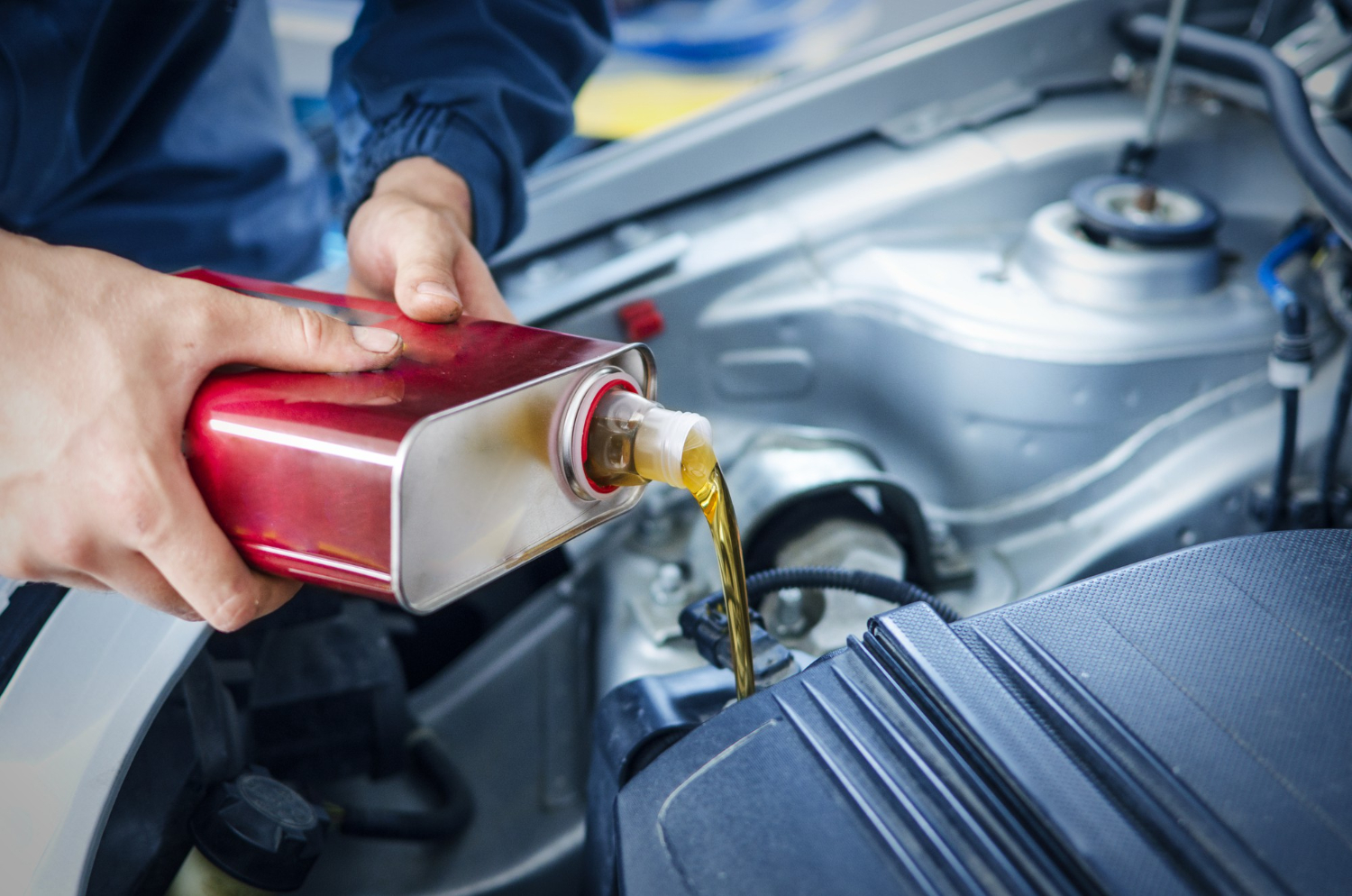Menu

You know that you need to change your car’s oil at some point to keep everything running smoothly under the hood. Without regular oil changes, the engine would fail sooner than expected, leaving you stranded at the side of the road. But how often should you change your car’s oil?
The answer can be confusing, because it depends on several factors. Wrights Car Care is here to simplify it for you. We are a top-rated auto repair shop in Doraville, GA that offers a full array of services, including engine repair, auto transmission repair, auto AC repair, and more.
Your vehicle's manufacturer provides the most reliable guidelines for oil change intervals. These recommendations, found in your owner's manual, are based on extensive testing and engineering. They consider the specific engine design, materials, and operating characteristics. It’s advisable to adhere to these recommendations in order to ensure your engine receives optimal lubrication and protection. While general guidelines exist, your vehicle's manual is the definitive source for your specific model.
Driving conditions impact oil degradation. Rough driving conditions, such as frequent stop-and-go traffic, towing heavy loads, extreme temperatures, or dusty environments, place added stress on the engine and oil. These conditions accelerate oil breakdown, so you’ll require more frequent changes. On the other hand, 'normal' driving conditions, like consistent highway speeds, allow for longer intervals. If you regularly operate your vehicle in severe conditions, consider shortening your oil change schedule to protect your engine.
The type of oil you use determines oil change frequency. Conventional oil, synthetic blend, and full synthetic oil have different properties and lifespans. Full synthetic oils offer superior protection and can last longer than conventional oils. While conventional oil may require changes every 5,000 to 7,500 miles, high-quality synthetic oils can often extend intervals to 10,000 to 13,000 miles or even more.
As vehicles age, their engines may experience increased wear and tear. Older engines may consume more oil or develop leaks, thereby requiring more frequent checks and changes. Seals and gaskets can also degrade and cause oil contamination. Older vehicles can also have more sludge build up. It is always wise to keep a close eye on your older vehicle's oil levels and condition. While modern engines are designed for longevity, older engines may benefit from shorter oil change intervals to maintain proper lubrication and prevent premature failure.
Regular oil changes are the cornerstone of engine longevity. Fresh oil lubricates critical engine components, minimizing friction and wear. This prevents premature engine damage and keeps your vehicle running smoothly for years to come.
Clean oil reduces engine friction and allows it to operate more efficiently. This translates to improved fuel economy, saving you money at the pump.
Neglecting oil changes can cause severe engine damage, resulting in expensive repairs or even a complete engine replacement. Regular oil changes prevent costly breakdowns and maintain your vehicle's reliability. Proactive maintenance saves you from unexpected repair bills and keeps your vehicle running smoothly.
A well-maintained engine guarantees safe driving. Clean oil ensures optimal engine performance, responsiveness, and reliability. This is particularly important in critical situations, such as emergency braking or evasive maneuvers.
For professional auto repair service, trust the mechanics at Wrights Car Care. Our team can help you with oil changes, engine diagnosis, electrical system diagnosis, and any other issues with your car. We’ve been in the industry since 1953 and have a team of highly trained and licensed mechanics. We pride ourselves on providing reliable and budget-friendly auto repair services.
Wright's Car Care offers the most reliable import and domestic auto repair services. Read our blog posts to learn more about your vehicle.
The auto repair industry is constantly growing, with options ranging from small, local service providers to large chain garages. When dealing with car trouble, navigating the many options for repair…
READ MOREWhen maintaining your vehicle, understanding the condition of your battery is crucial. A battery acts as the heart of your vehicle, providing the necessary power to start the engine and still supporting other electrical systems when the engine is turned off. However, many people barely think about their car batteries until issues arise that demand attention. Do not wait until you have to call a…
READ MOREWinter is around the corner, which means your car should be ready for the cold months ahead. From freezing temperatures…
READ MORENothing is more frustrating than a smelly car, especially if you can’t pinpoint the cause. If you didn’t leave an…
READ MORE